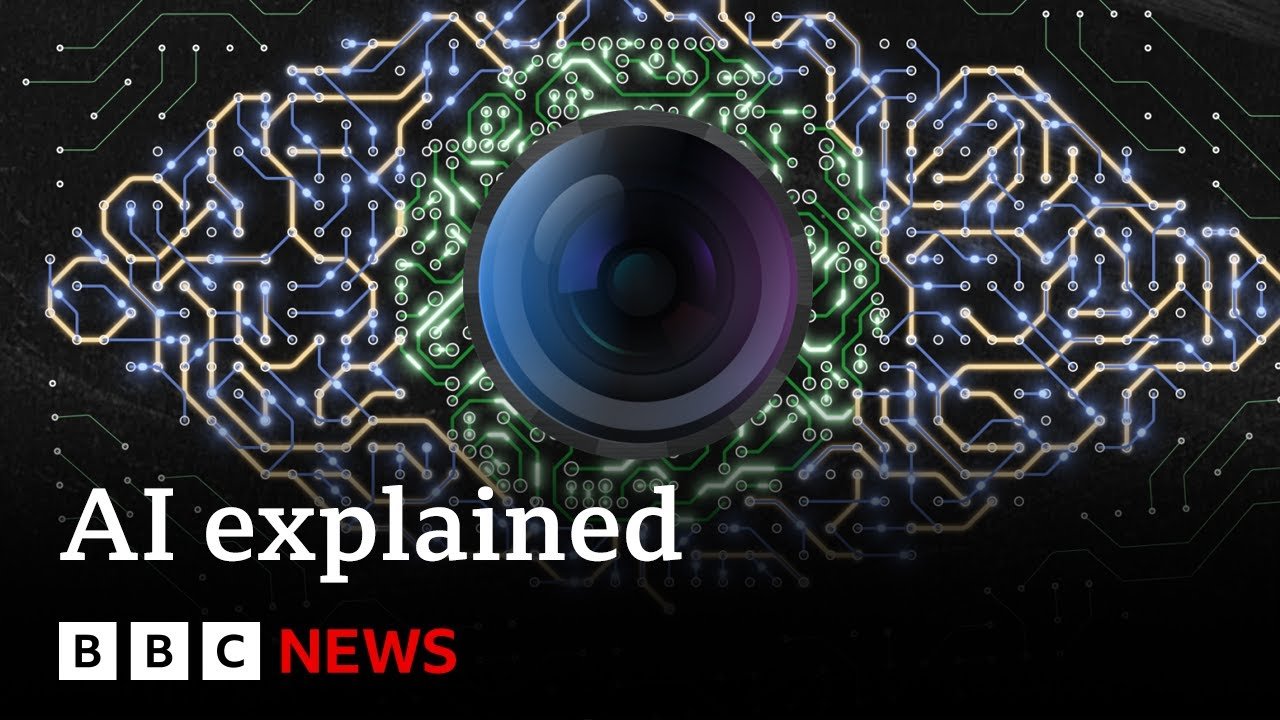The recent video from BBC News delves into the realities of artificial intelligence, debunking myths and offering insights into its history, capabilities, and potential implications for society. The video outlines five key points regarding AI, including its long-standing history, the fact that it does not possess human-like consciousness or emotions, its tendency to fabricate information, potential biases in its output, and its promising future in various industries, while emphasizing the importance of ethical frameworks and regulations.
- AI has been around since the 1940s, rooted in the concept of artificial neural networks.
- AI is integrated into everyday technology, recommending media, recognizing faces, and personalizing social media feeds.
- Recent advances include generative AI and chatbots like OpenAI’s ChatGPT, which mimic human-like interactions.
- AI cannot think or feel; it operates as a complex pattern analysis tool without consciousness or emotions.
- Chatbots can unintentionally generate false information, known as “AI hallucinations,” due to their predictive modeling.
- AI can exhibit racist and sexist behavior if trained on biased data, as seen in Microsoft’s Tay chatbot incident.
- The ethical use of AI is crucial, with calls for safeguards against bias and hate speech in AI systems.
- AI holds the potential to revolutionize fields like healthcare, education, and journalism, but requires ethical and legal oversight.
- AI is a tool that will not take over the world on its own; its use and regulation are in human hands.
The British Broadcasting Corporation is a British public service broadcaster headquartered at Broadcasting House in London. Originally established in 1922 as the British Broadcasting Company, it evolved into its current state with its current name on New Year’s Day 1927.
AllSides Media Bias Rating: Center
https://www.allsides.com/news-source/bbc-news-media-bias
Official website: https://www.bbc.com/
Original video here.
This summary has been generated by AI.
